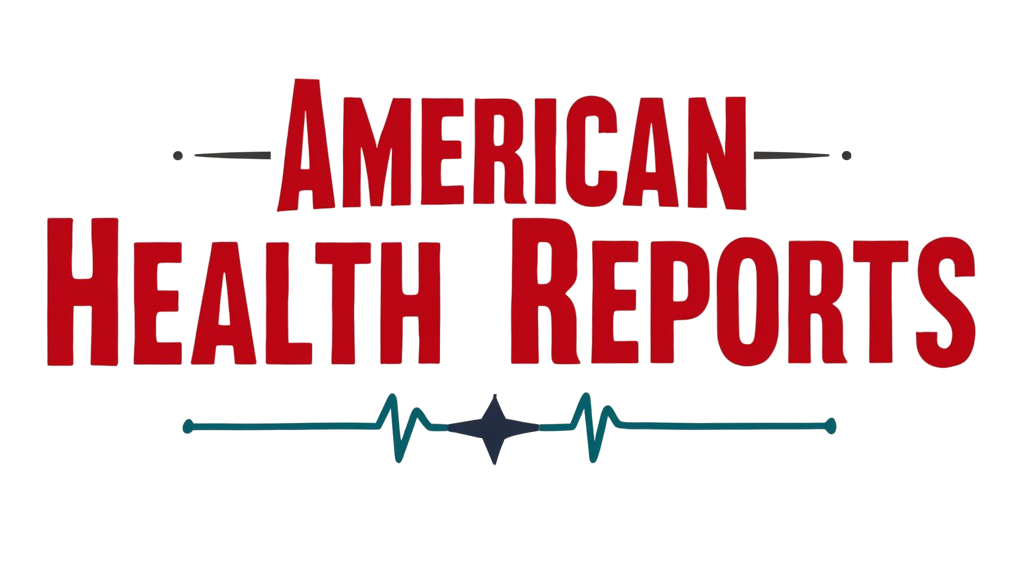AHA’s Sugary Drink Stance Sparks Outrage Amid Claims of Corporate Ties
Share
The American Heart Association (AHA) faced intense criticism after opposing a Texas bill (SB 379) that aimed to restrict SNAP benefits from purchasing sugary drinks, candy, and processed snacks. This stance contradicted its mission to combat heart disease, the leading global cause of death. The AHA’s government relations director initially testified against the bill, arguing it might reduce SNAP participation and worsen hunger without proper education. Texas Senator Lois Kolkhorst called the AHA’s position “the surprise of the session”.
Days later, the AHA retracted its opposition, calling it a “miscommunication” and claiming support for reducing sugary drink consumption. Critics, however, highlighted the organization’s long-standing ties to corporate donors like PepsiCo, Coca-Cola, and Kellogg’s, which have funded the AHA and partnered on initiatives like the “Heart Check” certification program (costing companies up to $6,000 annually per product). These relationships have previously drawn scrutiny, including during a 2012 collaboration with Kellogg’s to label sugary cereals as “heart-healthy”.
The controversy underscores broader debates about SNAP reform. Supporters of the bill argue taxpayer dollars shouldn’t subsidize obesity-driving products, noting 9–20% of SNAP funds go toward sugary drinks and snacks. Opponents, including beverage lobbyists, frame restrictions as government overreach, running ads like “Your Cart, Your Choice”. Meanwhile, studies show SNAP participants have similar or better health outcomes than eligible nonparticipants, complicating claims that junk food bans would improve public health.
The incident has reignited concerns about medical organizations’ financial conflicts and their impact on policy decisions, with commentators noting, “If people were healthy, they wouldn’t make money”. While nine states have proposed similar SNAP restrictions in 2025, none have passed both legislative chambers. Any approved bills would require USDA approval to take effect.










GIPHY App Key not set. Please check settings